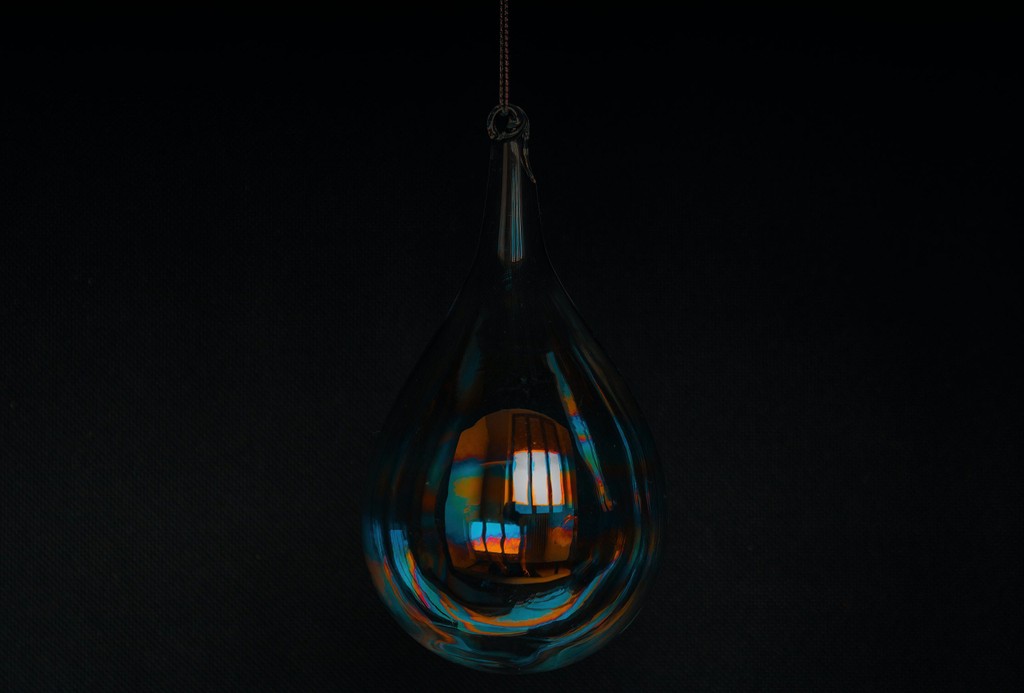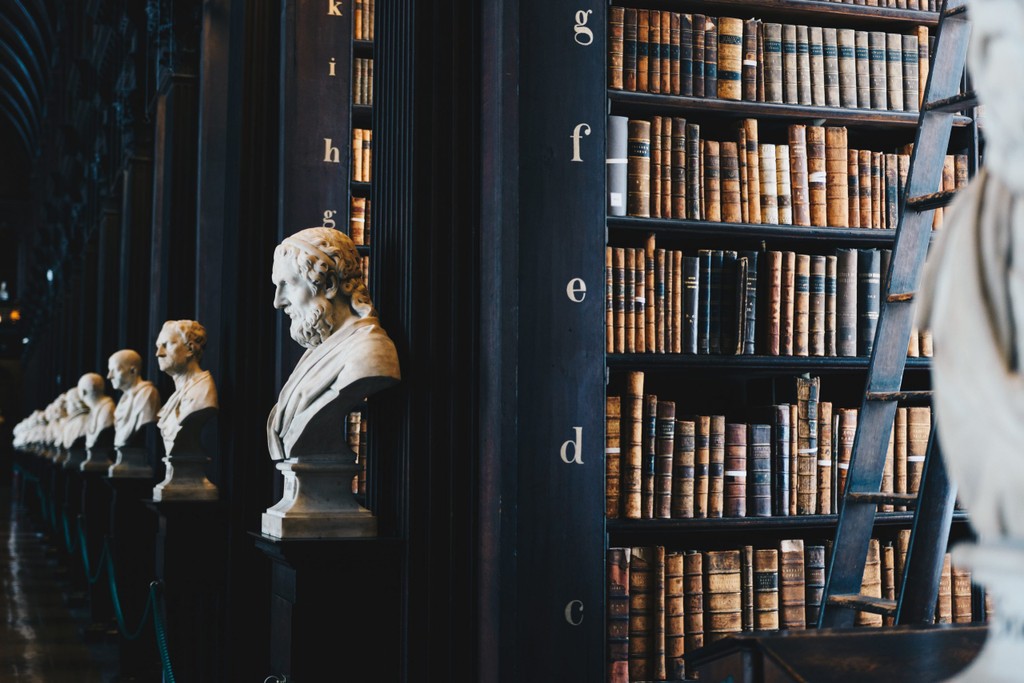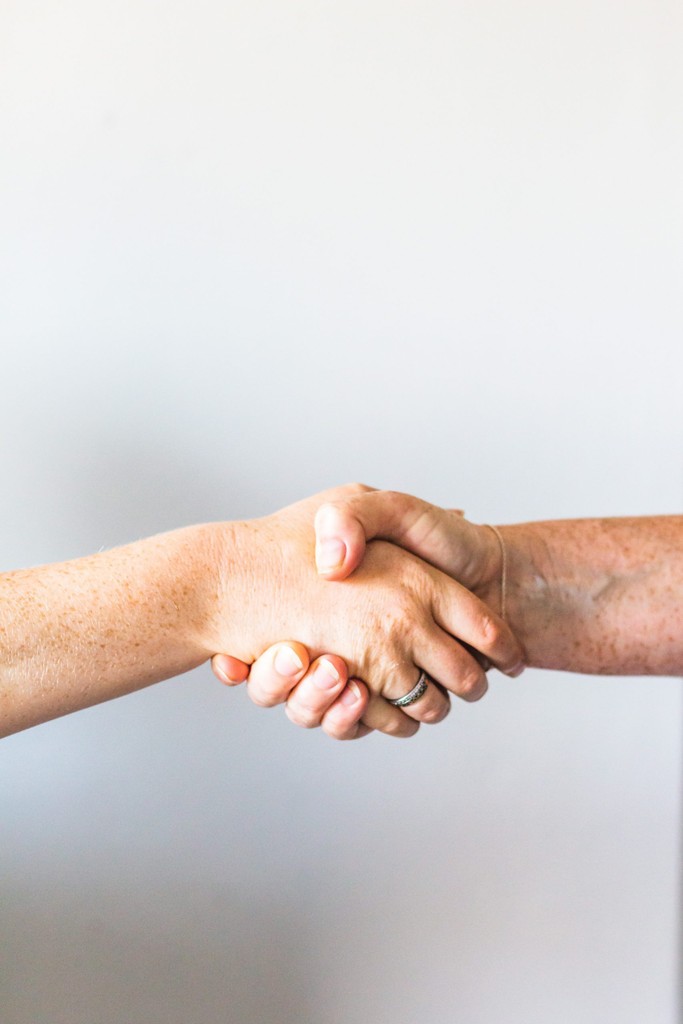Free Patent Filing Assistance in Washington DC
Washington D.C. is the capital of the United States of America. It is adjacent to the District of Columbia(the city is often referred to as simply D.C, and is found on the Potomac River. Washington D.C. has long been seen as a place of innovation. District of Columbia residents have access to a host of unique resources and assistance in their state.
If you are a low-income inventor and would like to get your patent application filed, you may be eligible to receive free patent filing assistance in Washington DC. You will have to qualify for the program and meet certain income requirements.
Image credit: UnsplashPro Se Assistance Program
The patent process is a complex set of laws, regulations, policies and procedures; therefore, the USPTO always recommends using a registered patent attorney or agent to assist in preparing your application. The USPTO also recognizes that the cost of legal assistance is prohibitive for many applicants, particularly independent inventors and small businesses. The Pro Se Assistance Program is dedicated to help independent inventors and small businesses meet their goal of protecting valuable intellectual property.
The Pro Se Assistance Program provides outreach and education to applicants (also known as “pro se” applicants) who file patent applications without the assistance of a registered patent attorney or agent. USPTO employees cannot give legal advice. However, through increased assistance and resources for independent inventor and small business communities, the program aims to increase the quality of pro se applications and assist pro se applicants with making informed decisions regarding their patent applications.
Protecting intellectual property is essential to protect products and services against imitation, secure outside funding and promote commercial success for any company. The value of a patent depends on its preparation and its prosecution. It is important to educate yourself in order to create an intellectual property strategy that will bring you significant economic benefits for your business and other endeavors.
One-on-one assistance (by appointment)
One-on-one assistance is available via video conference or telephone. Pro se personnel are available to meet with applicants to answer patent-related questions and assist in filing their applications. Inventors may take advantage of one-on-one assistance by contacting the Pro Se Assistance Center to schedule an appointment
Patent and Trademark Resource Centers (PTRC)
Patenting an invention and trademarking a product name can be challenging. PTRC library staff are information experts trained on how to use search tools to access patent and trademark information.
They provide the human touch that no webpage or legal book can provide in helping inventors and small businesses find the information they need to protect their intellectual property. However, PTRC representatives are not attorneys and cannot provide legal advice.
Certain libraries throughout the United States are designated as Patent and Trademark Resource Centers (PTRC), which provide resources and trained staff to help customers use and understand USPTO information and filing systems. District of Columbia is served by:
Founders Library, Howard University – Washington, DC
PTRC library representatives can:
- Provide access to resources such as Patent Public Search and TESS, Trademark Electronic Search System
- Direct you to information and explain the application process and fee schedule
- Demonstrate how to use search tools to conduct a patent or trademark search
- Show you a directory of local patent attorneys who are licensed to practice before the USPTO
- Offer classes on intellectual property (varies by location)
- Offer assistance on how to do historical research on patents and trademarks
- Show you how to track current research by company or nonprofit
- Help you find assignee information and much more.
Patent Pro Bono Program
District of Columbia inventors are served by the Federal Circuit Bar Association National Clearinghouse, part of the USPTO’s nationwide pro bono program that matches inventors who qualify (based on income) with volunteer attorneys and patent professionals that will help you file your patent application.
Federal Circuit Bar Association (HCBA) is a national association for the bar of Court of Appeals in the Federal Circuit. The Association‘s leadership comes from all parts of the country. It represents all areas of the Federal Circuit’s legal community. The Association was created to bring together different practice groups within the Federal Circuit’s legal community.
The Association represents all those who are involved in the subject matter before the United States Court of Appeals, Federal Circuit and its review tribunals. It was established in 1985 and includes litigators, private and public sector lawyers, and agency and house counsel. The Association strives for an open and inclusive dialogue.
It supports under-represented groups through a commitment towards diversity, equity and inclusion in its programming, committee involvement and membership outreach. This Association aims to improve and facilitate the administration of justice within the Circuit. The Association encourages engagement at all levels, including local, regional, national and international.
The Association supports the community with a variety pro bono channels and media offerings, scholarships, as well as practice, policy and professional skills outreach. All areas of the practice community can be considered leaders.
Through its Committees, it seeks to serve and strengthen the Court. The Association provides a platform for dialogue and common concerns between the bar and court, government counsel, private practitioner, litigator, corporate counsel, and other lawyers. It sponsors regional seminars reviewing the Court’s current practice.
The Pro Bono Patent Network matches financially under-resourced inventors with volunteer patent attorneys. The program aims to increase the number of inventors who obtain patents. The program is designed to help disadvantaged inventors get the patent protection they need.
To apply, low-income inventors must meet certain criteria. First, they must have an income of less than the federal poverty line. Second, they must have completed a Basic Patent Training Certification Course. Third, they must be able to describe their invention. Moreover, they should have a provisional application filed.
Law school clinics
Law school clinics offer free help with patent applications. If you’re in Washington, DC, and have been thinking about starting a business, there’s a great opportunity to get free legal help from a patent clinic at a law school. These clinics match up entrepreneurs with law professors who will guide them through the process.
The patent clinic is part of a program that allows law school students to provide patent and trademark legal services to the public. The Law School Clinic Certification Program consists of over 60 law school clinics that offer free legal services to qualified members of the public. This program allows law students to file and respond to patent applications and communicate with USPTO examiners.
They can also provide free help to applicants from out of state. Depending on the clinic, you may qualify for free legal aid if you meet the eligibility requirements.These clinics are run by law schools that participate in the USPTO’s Law School Clinic Certification Program. You can contact them through their listed e-mail address for general questions and legal assistance.
To apply for free legal assistance, you should have an income that is less than 300% of the federal poverty level. Inventors often need help getting a patent, which is essential for starting a successful business or receiving recognition for a breakthrough invention. Students at the clinic gain valuable experience working with clients and developing their critical thinking skills.
District of Columbia inventors and entrepreneurs can obtain free legal help for both patent and trademark matter by contacting:
- American University, Washington College of Law (patents and trademarks): ipclinic@wcl.american.edu
- Howard University (patents): howardpatentipclinic@gmail.com or (trademarks): clinics.husl@gmail.com
- The George Washington University (trademarks): sbced_uspto_intake@law.gwu.edu
- University of Maryland School of Law (patent and trademarks): miplrc@law.umaryland.edu
- University of Richmond School of Law (trademarks): ipclinic@richmond.edu
Workshops, Trainings, and Events
Every day, the USPTO hosts events across the country geared just for aspiring inventors and entrepreneurs, from trademark basics to patent search workshop.
Network with inventor and entrepreneur organizations
Inventor clubs and organizations can be a great way to connect with local inventors and entrepreneurs and open more doors to resources and opportunities. If you represent an inventor group or nonprofit and would like to have your organization listed, you can email InnovationDevelopment@uspto.gov
Hire an attorney
If you intend to hire an attorney which is recommended, the USPTO maintains a roster of active patent attorneys and agents registered with the USPTO. Find an attorney or agent by selecting District of Columbia from the list of states in the search field.
Image credit: UnsplashBenefits of hiring a patent attorney
Hiring a patent attorney is an important decision for innovators. Patent attorneys can help prepare and file documents that are required for a successful patent application. These lawyers also work with inventors to ensure that they are protected by the appropriate patent laws. The patent process can be challenging for people with little or no experience. Hiring an attorney can help you avoid making costly mistakes that can mean the difference between getting your patent or having it rejected.
Not many patent attorneys specialize in helping small businesses. Often, these law firms provide their clients with a junior patent attorney who doesn’t have enough supervision. Most large patent application companies focus on corporate customers. This can result in poorly written patent applications that are useless, or even harmful. This means that you may just be creating an illusion of protection despite the fact that you’re not. Hiring a patent attorney from a reputable firm can help you protect your idea and avoid paying for the services of a junior.
Patent attorneys specialize in drafting patent applications, researching the likelihood of a patent, and defending inventions against patent infringement controversies. They analyze scientific and technical documents to determine whether an invention is new or innovative and whether it infringes on other patents. Patent attorneys also consult with federal patent examiners to determine if your invention qualifies for a patent.
They can help you understand the process and make informed decisions based on your invention and your business objectives. They can also advise you on the timing of key steps in the patent process and any non-disclosure agreements or other legalities that may arise. The patent process is complex and needs a skilled patent attorney to be successful.
https://www.ycombinator.com/documents/
https://techcrunch.com/
https://www.uspto.gov/learning-and-resources/startup-resources
https://www.sba.gov/business-guide/plan-your-business/fund-your-business
https://hbr.org/1998/11/how-venture-capital-works
http://patentpc.com/
http://uspto.gov/
Inventors and Patents From the City of Fullerton
Free Pro-bono Patent Help In Arizona
Inventors and Patents From the City of Tacoma
Inventors and Patents From the City of Oceanside
Free Patent Pro-bono Alaska Inventor


